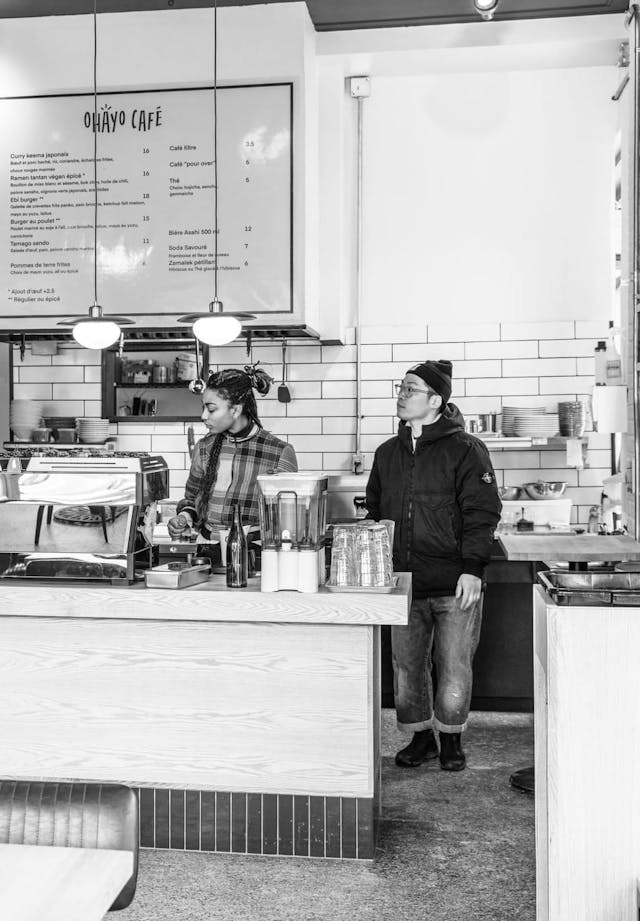From dalgona and CBD-laced lattes to protein-infused java 'proffee' and cold brews, the coffee world’s trends are constantly evolving.
Questionable beverages can catch the algorithm waves, vying for likes. We love to spend our disposable income on getting caffeinated, using viral recipes and celebs like Emma Chamberlain to shape our tastes.New roasters are cropping up almost weekly. The industry is exploding right now.
But if we zoom in further, we see how relatively young it is compared to, say, the wine industry. Even Starbucks is only around 50 years old, and many local specialty roasters in the city are considered “old” with seven, maybe ten years in the game. The scene is still in its infancy.
For readers who care about Montreal
Create a free account to read this story and access 3 articles per month, plus our weekly Bulletin.
Independent. Local. Reader-supported. Join 10,000+ Montrealers today.
Already a member? Sign in

![The Bulletin: Bus shelter acrobatics, Lunar New Year raves, and Slavic crêpes [Issue #169]](/_next/image?url=https%3A%2F%2Fthemain.ghost.io%2Fcontent%2Fimages%2F2026%2F02%2F51607__F03EE024-17D7-4FB4-B04CC09961F21468-1.jpg&w=256&q=75)









![The Bulletin: A 24hr Quartier Latin, Jurassic Park, and a LOT of new restaurants [Issue #60]](/_next/image?url=https%3A%2F%2Fthemain.ghost.io%2Fcontent%2Fimages%2F2024%2F01%2FScreen-Shot-2024-01-17-at-8.56.49-PM-1.png&w=640&q=75)



![The Reeds: A Novel [Stamped by Author]](/_next/image?url=https%3A%2F%2Fcdn.shopify.com%2Fs%2Ffiles%2F1%2F0601%2F1709%2F0544%2Ffiles%2FIMG_9098.heic%3Fv%3D1730301494&w=3840&q=75)